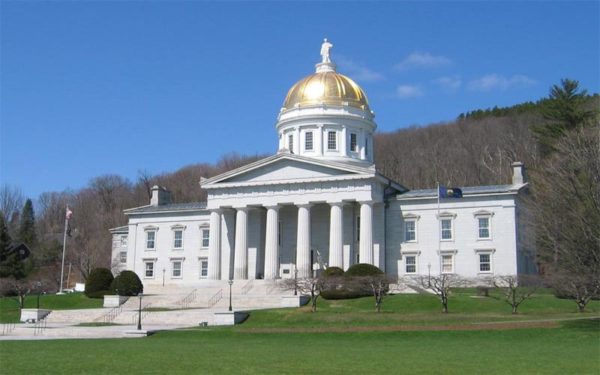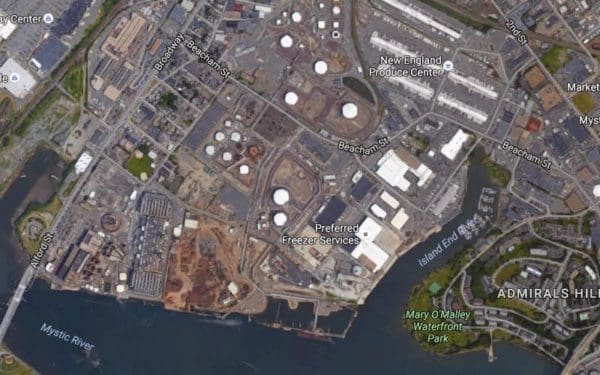Maine to Study Toxic “Forever” Chemicals
In a move welcomed by advocates for safe and clean drinking water, Governor Janet Mills has established a task force to assess the scope of PFAS exposure and contamination in Maine.

In a move welcomed by advocates for safe and clean drinking water, Governor Janet Mills has established a task force to assess the scope of PFAS exposure and contamination in Maine.

Weber said accountability and monitoring are particularly important because the job ahead is so huge. “We need to remove around 213 metric tons of phosphorus from Lake Champlain,” Weber said. “That’s just Lake Champlain. There are other obligations in other watersheds. We’re not near that goal.”
“With the federal government dragging its feet, it’s up to Vermont to take action to protect communities from toxic PFAS chemicals,” said Jen Duggan, Vice President and Director of CLF Vermont. “Today, the Senate demonstrated that we are up to the task. This bill is a significant step forward to protect our drinking water from these dangerous forever chemicals.”

“Exxon has put vulnerable communities and the harbor at risk as part of its pattern and practice of deceiving regulators and the public about the risks of climate change,” said CLF President Bradley Campbell. “Exxon has known about these risks and its ongoing spills for years and is failing its most important duty under the law: to avoid spills of oil and hazardous substances that threaten public health and the environment.”

“With the EPA’s national PFAS plan falling far short, it’s up to the states to protect us from these toxic chemicals,” Amy Moses, vice president and director of the Conservation Law Foundation in Rhode Island, said in a statement Tuesday.
Vermont is taking action to keep toxic “forever chemicals” out of our drinking water. That’s good news because the Environmental Protection Agency (EPA) seems to have forgotten that its mission is to protect public health and the environment.

“ExxonMobil’s own scientists agree that those risks are imminent,” said Brad Campbell, president of CLF. “Exxon has done nothing to change its operations at this facility.”
“With the EPA’s national PFAS plan falling far short, it’s up to the states to protect us from these toxic chemicals,” said Amy Moses, Vice President and Director of CLF Rhode Island. “The dangerous health effects of these substances have been known for years, and other New England states have committed to solving the problem. Rhode Island needs to protect public health and that starts with ensuring everyone has safe drinking water.”

CLF took back Boston Harbor from polluters.

Pollution is harming Great Bay’s health and habitats.
